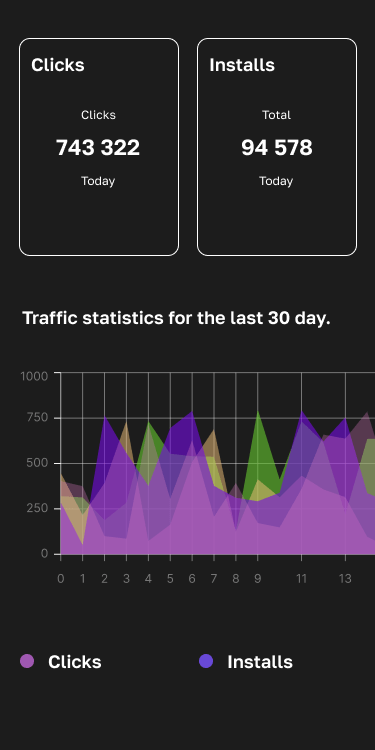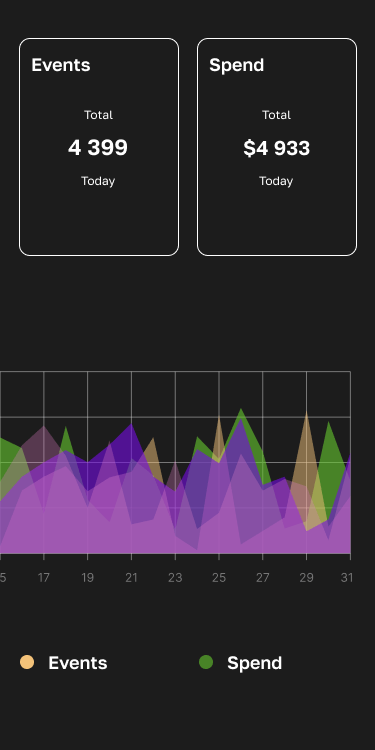The retail world is undergoing a revolution. In 2025, the battle for customer attention has shifted from store aisles and websites to a new frontier: mobile apps. This article breaks down why in-app advertising has become a critical strategy for retailers and brands.
The Driving Forces Behind the Change
Three key trends are fueling the rise of retail media and in-app ads:
- The Mobile-First Shopper: Consumers now prefer to browse and buy directly through retail apps.
- The Power of First-Party Data: Retailers use actual purchase history to target ads with incredible accuracy, especially as third-party cookies fade.
- Programmatic Technology: Automation allows for real-time ad buying and optimization, making campaigns more efficient.
The Three Key Areas of Retail Media
Retail media is no longer just ads on a website. It has expanded into three main areas:
- On-Site & In-App: Ads placed within a retailer’s own digital properties, like their app or website.
- Off-Site/External: Ads on third-party platforms (like social media or news sites) powered by the retailer’s first-party purchase data.
- In-Store Media: Digital screens, smart carts, and shelf-edge displays inside physical stores.
Key Benefits for Brands
For brands, this shift offers compelling advantages:
- Precision Targeting: Reach customers based on what they’ve actually bought, not just what they might be interested in.
- Higher Engagement: Connect with shoppers in a dedicated shopping environment on their most personal device.
- Closed-Loop Measurement: Track how an ad view or click leads directly to a sale, proving clear ROI.
- Seamless Path to Purchase: Use direct calls-to-action like “Shop Now” and instant coupons to drive immediate conversions.
Challenges to Navigate
The landscape isn’t without its hurdles:
- Fragmentation: Each retail network has its own ad platform, making it complex to manage large-scale campaigns.
- Measurement Gaps: Many networks still use outdated “last-click” attribution, lacking industry-wide standards.
- Data Privacy: Navigating evolving global regulations on how first-party data is used adds a layer of complexity.
The Future is a Fusion
The most significant trend for 2025 is the convergence of digital and physical. In-app advertising can now drive foot traffic to a specific store aisle, while in-store promotions can be retargeted later in an app. This omnichannel approach, powered by first-party data, is the future.
Conclusion: The future of retail marketing is being defined by what happens inside the apps where consumers live. Brands that master in-app advertising, leverage retail data, and navigate the current challenges will gain a decisive competitive edge.










